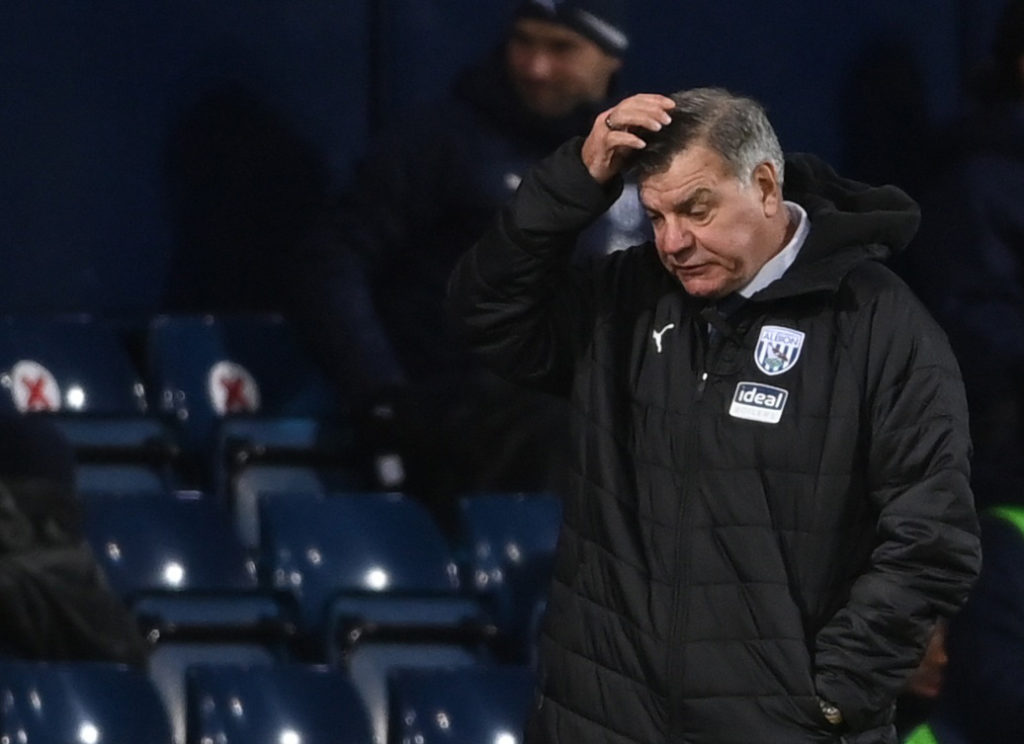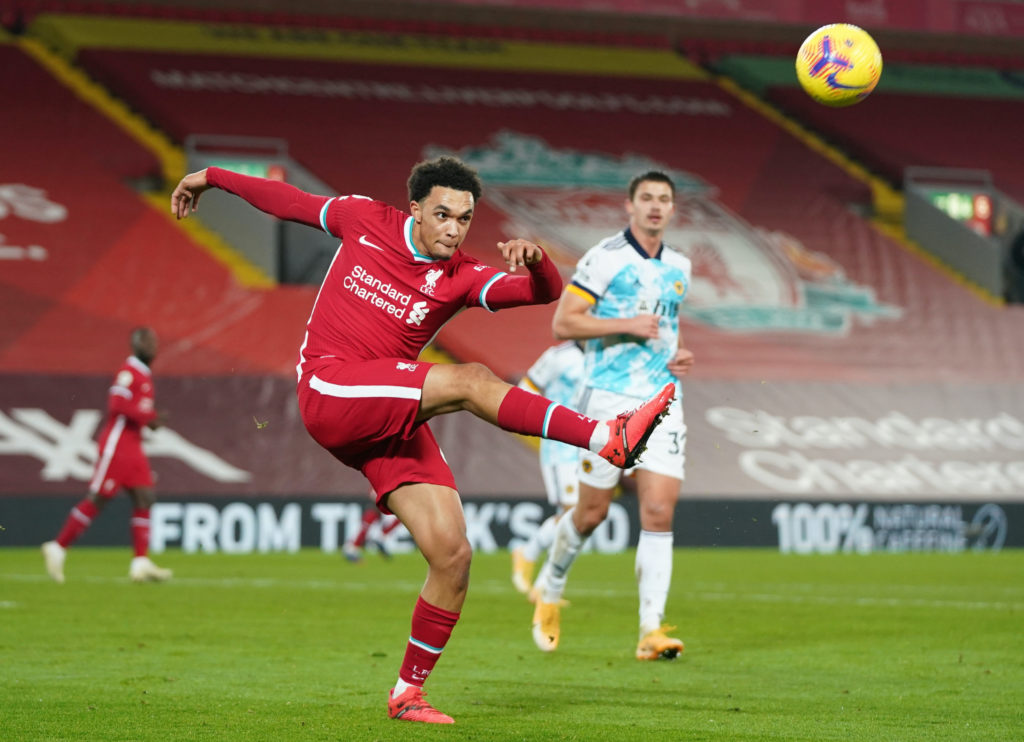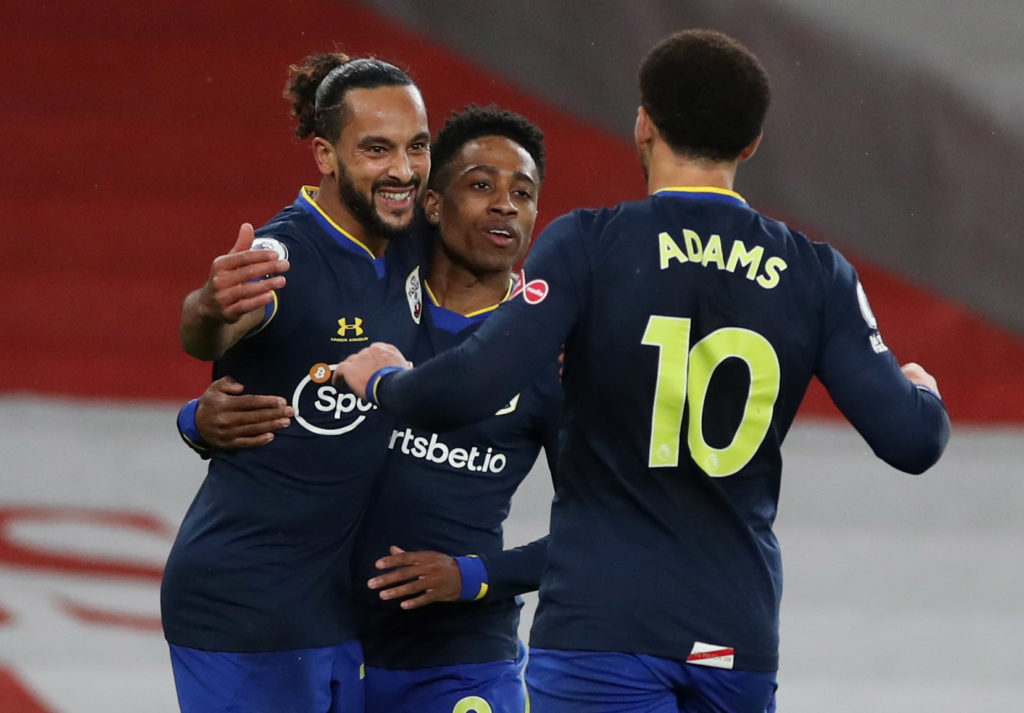It seems like there’s a lot to think about in Fantasy Premier League at the moment. Blank Gameweeks, Double Gameweeks, chip strategies and so on.
Because these decisions can often make or break a season, serious FPL managers tend to invest a lot of time into them. We’ve probably all felt at some point that we’ve ‘overthought’ such a decision, ending up with a worse outcome than we would have had if we’d gone with our earlier drafts and, while we generally use terms like ‘overthinking’ idiomatically, there could actually be some truth to the concept.
Science suggests that, the more effort we put into these decisions beyond a certain point, the worse our decision-making capacity becomes. Why is this, and what can be done to avoid it? Read on.
Decision Fatigue

‘Decision Fatigue’ is a psychological phenomenon that describes common circumstances by which decision quality deteriorates the longer the decision process goes on. It’s partly why we often end up with trade-offs or decisions which appear irrational in the cold light on day.
In fact, it’s frequently a reason why formal negotiations are so often protracted (where have we heard that in the news before?) because both parties know their opponent is more likely to make concessions the longer they drag things out.
The root of this effect is something called ‘ego-depletion’. ‘Ego’, here, is used in the psychoanalytical sense i.e. the pragmatic agent that mediates between our moral or critical standards and our more instinctual desires.

It is not to be confused with ego in the sense of ‘egotism’ which refers to a drive to be viewed favourably by society, a trivial notion that most of us FPL managers gave up on a long time ago.
In short, ego-depletion suggests that, because rational decision-making takes effort, our ability to sustain that effort reduces as we get mentally or physically tired. Brain power (and willpower incidentally) are finite resources. As a result of prolonged effort, we end up making more instinctive and, sometimes, irrational decisions. We are also more likely to act on the basis of our emotions.
One classic example of ego-depletion in practice comes from a study of Israeli court rulings which showed that a judge would grant parole 70% of the time in the mornings but only 10% of the time in the afternoon because, the scientists running the study concluded, the judge got grumpier and less sympathetic as the day dragged on.
It’s not hard to see how this can apply to FPL, particularly around big, drawn-out decisions like Wildcarding or Free Hitting. Just thinking about it now, I know there are plenty of times where, having spent days agonising over every aspect of a Wildcard, I end up changing all sorts of things at the last minute, often to my detriment.
Avoiding Decision Fatigue in FPL

So how can we avoid decision-fatigue affecting the quality of our FPL decisions? An obvious way might be not to spend too much time working on your FPL team in a single session. Rather than, for example, blocking out an afternoon to work on your Wildcard, try and spread that work over a longer period. Say, 15 to 30 minutes a day over a few days.
Another way to avoid decision-fatigue is to reduce the amount of decisions we have to consider through some level of systemisation. A good example of this approach in practice comes from former US President Barack Obama regarding his process of deciding which suits to wear:
“You’ll see I wear only gray or blue suits. I’m trying to pare down decisions. I don’t want to make decisions about what I’m eating or wearing. Because I have too many other decisions to make.” – Barack Obama
Of course, there was that time he wore that tan-coloured suit to a press conference (the sartorial equivalent of captaining Shane Duffy) but we’ll ignore that for now.

In FPL, this could mean selecting only from a select number of teams who, for example, all have a run of good fixtures ahead. This is likely to be much less mentally-taxing than rigorously comparing the pros and cons of every possible player option in each category.
Alternatively, over the course of a campaign, you could decide on a ‘spine’ of players who you deem ‘season-keepers’; players who will stay in your team irrespective of fixtures and maybe even form.
For example, last season my FPL team contained Trent Alexander-Arnold (£7.2m), Kevin De Bruyne (£11.7m) and Danny Ings (£8.3m) for practically the entire season.
The benefit of this was that I had a fairly reliable source of points each week and thus I could focus my attention on getting the most out of the other 12 players in my squad. Obviously you have to be pretty careful, maybe even lucky, with the players you choose, but this strategy definitely helps reduce the decision load over the course of a season.
This approach could also work with respect to captaincy. Some people like to choose a single skipper for the whole season whereas others like to have two options who rotate well (e.g. a Manchester City and a Manchester United option).

Both these methods are significantly less mentally-taxing than trying to choose the best captain based on the individual conditions of each Gameweek and, get the right one or two, and you often end up with at least comparable results.
Another way to systematise your FPL decisions is to establish some ‘rules’ that guide your process. There are some famous ones within the FPL community such as ‘never take a hit for a defender’ but you’ll often find that you build them up as your tenure as an FPL management progresses.
Mine include; never triple-up on a mid-to-lower table team, never captain and vice-captain two players who play for the same team, if in doubt go with the home player, never buy an expensive goalkeeper and never, ever, own Theo Walcott (£5.8m).
While few of these rules are set in stone (apart from the Walcott one obviously) they do simplify the decision-making process, meaning that I can concentrate more on the things that will have the biggest positive impact on my team.
Finally, if you can sleep on a decision, do.
Summary
In summary, spending too much time thinking about FPL decisions or making those decisions in too-intense a time period can lead to decision-fatigue and, as a result, cause FPL managers to end up making worse decisions than they might achieve through a more measured approach.
Spreading the decision-process out over time, or systematising it through reduced options or rules of thumb can help avoid decision-fatigue and ultimately help improve your results.



3 years, 10 months agoI want justice for Lyke Ayling. He's better than Dallas imo but centre back injuries have robbed us of a hell of a coin toss battle between the two